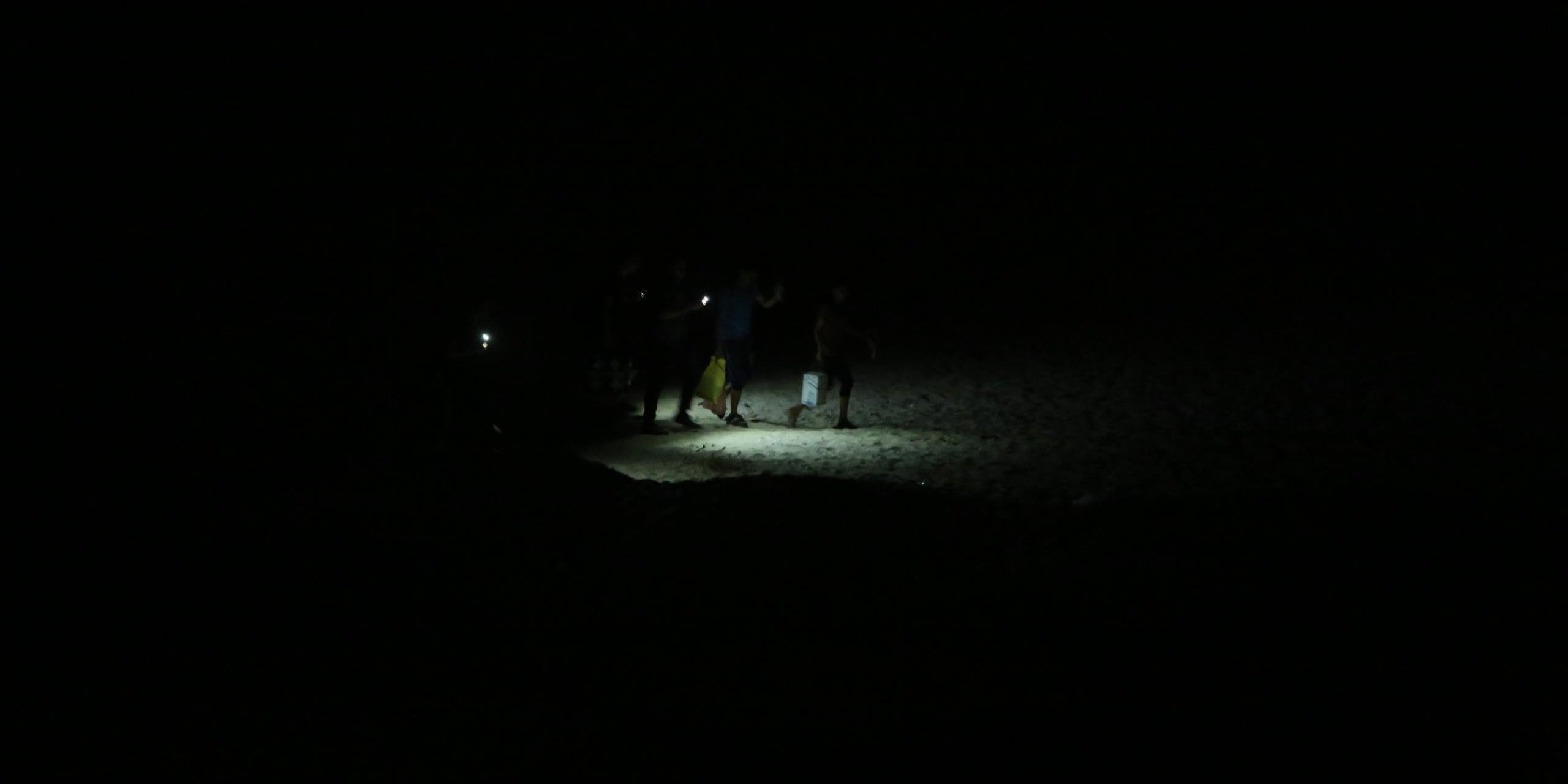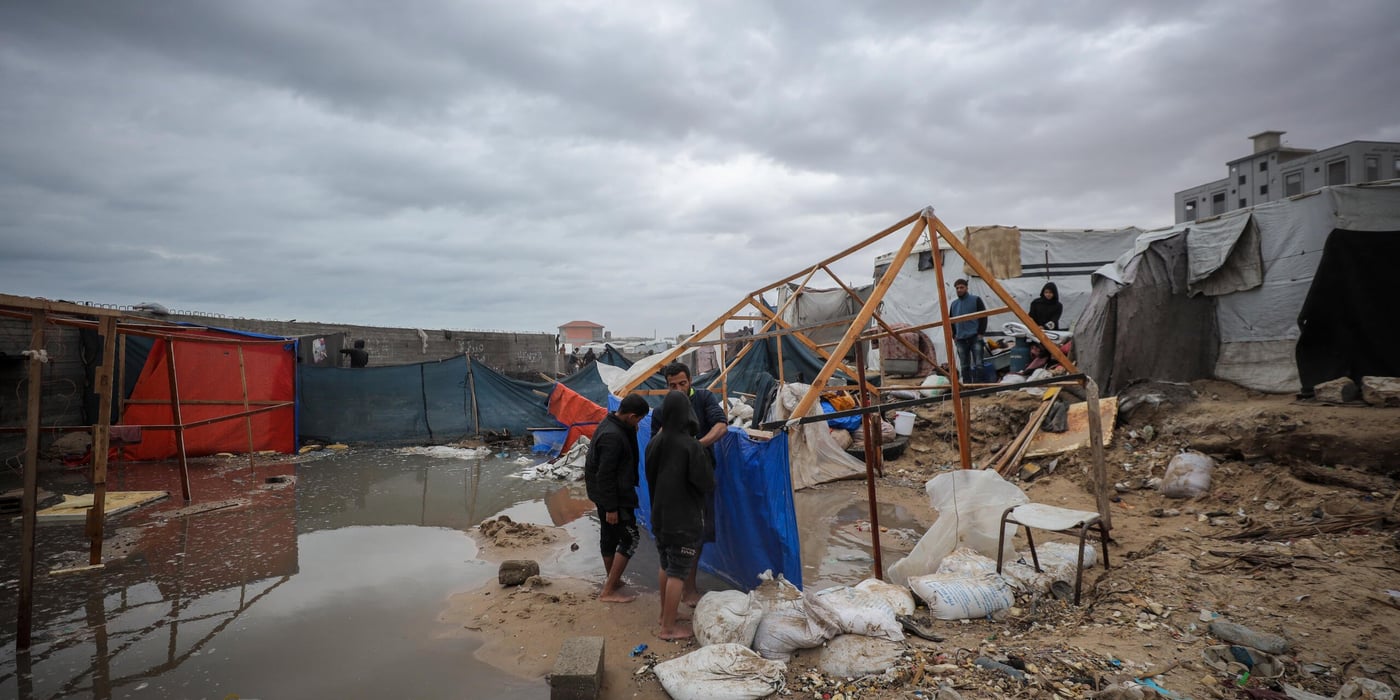
Under Israeli siege for a decade, people in the Gaza Strip have been subjected to further collective punishment earlier this year when the Israeli government restricted the electricity supply after the Palestinian Authority on the West Bank stopped funding it.
The result affects all aspects of life. Raw sewage, billions of litres of it, is being pumped out into the sea, unable to be treated by wastewater plants on shutdown. Hospitals are postponing non-urgent surgeries and discharging patients prematurely. People depending on dialysis machines and new-born babies are among the most at risk of dying as a result of power failures. At night, it is total blackout.
Read also: If you are a ten-year-old living in Gaza.
Gasping for air
Like thousands of others trying to survive the extreme heat at night, Fedaa Al Ghussain, NRC’s advocacy officer in Gaza, tries to stay cool by going to the beach.
“I’m wondering how kids, babies, the disabled and even the elderly, who cannot really go out and are living in very unsuitable housing conditions, are doing in this heat,” she says. “I go out on a daily basis and stay late at night in the street just to cool myself down together with family. I see lots of babies, a lot of kids forced to stay out late at night to get some fresh air.”
Imagine waking up in the morning and finding no water to wash your face, brush your teeth, or even using the toilet, she says.
“This is the unbearable life I’m talking about. Imagine the hygiene consequences.”
While the Palestinian Authority’s (PA) and Israel’s actions are meant to punish Hamas, which rules the Gaza Strip, it is the ordinary people who are suffering the consequences. Even humanitarian aid committed to Gaza has largely been linked to efforts to restore the PA’s control of the coastal enclave, against basic humanitarian principles. The Norwegian Refugee Council insists aid must be provided urgently on the basis of need alone, irrespective of the political situation.
Using the fridge to store shoes
“We crave cold water,” Fedaa says. “We decided to turn our fridge at home into a ‘closet’ to store shoes and jackets because it’s useless; we buy our food every day, only the amounts sufficient for one day, because we cannot keep food.”
As the occupying power, Israel has a duty to ensure a minimum of supplies for Gaza. Its claim that it is punishing Hamas for taking over the Gaza Strip 10 years ago is belied by the fact its actions deny the very basic needs of the 2 million civilians living there. Nor can Israel justify itself by referring to the PA’s request to cut electricity.
“That would be in violation of Israel’s international obligations,” says Itay Epshtain, NRC’s policy and protection adviser in Palestine. Moreover, International Humanitarian Law prohibits foreign governments from recognising such an arrangement between Israel and the PA, which has immediate life-threatening consequences for the most vulnerable people in Gaza.
Close to exploding
The Gaza Strip is very close to exploding, Fedaa says. It’s a huge humanitarian crisis that no one will be able to handle, that no one will be able to fix.
“I really wish it was a nightmare, even if it was long, I really wish that I could wake up to a different reality,” she said.
Video: Huffington Post



